Flock Party Fresh Flakes Poultry Pet Bedding, 4 cu. ft.
Ultra-absorbent Manna Pro Fresh Flakes Poultry Pet Bedding is harvested from renewable forestry resources. These small pet bedding shavings make a cozy, comfortable and clean place for your birds to rest.
Ultra-absorbent Manna Pro Fresh Flakes Poultry Pet Bedding is harvested from renewable forestry resources. These small pet bedding shavings make a cozy, comfortable and clean place for your birds to rest.
- Pet bedding shavings are all-natural and compostable
- Heat-drying process and hands-free environment ensures against mold spores, E. Coli and Salmonella
- Small pet bedding screened multiple times to remove dust
Additional information
| Country of Origin | Made in USA |
|---|---|
| Bedding Coverage Area | 4 cu ft |
| Bedding Features | Absorbent, Dust Free, Odor Neutralizing, Mold/Mildew Resistant |
| Bedding Product Weight | 12 lb |
| Compressed Volume | 12 lb |
| Expanded Volume | 4 cu ft |
| Package Size | 12 lb. |
| Poultry Types | Chickens |
| Product Height | 12 in. |
| Product Length | 4 in. |
| Product Width | 14.75 in. |
| Warranty | 100% Satisfaction Guaranteed |
| Manufacturer Part Number | 1030433 |

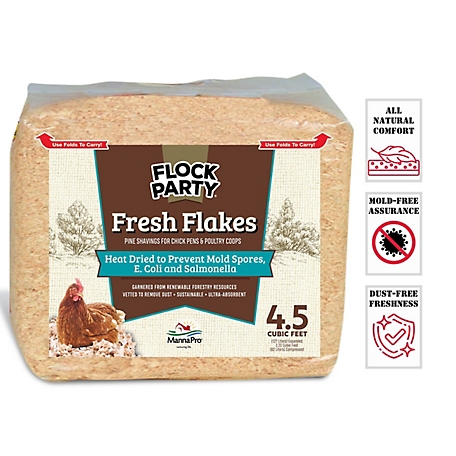
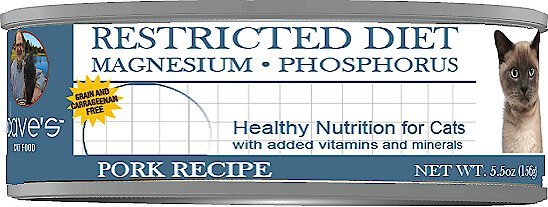
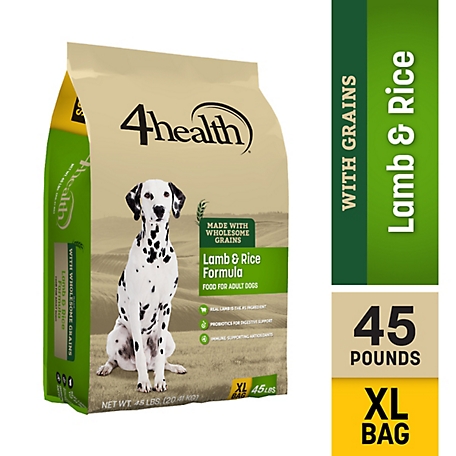
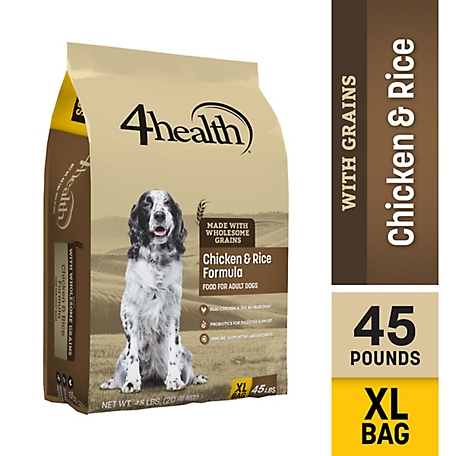

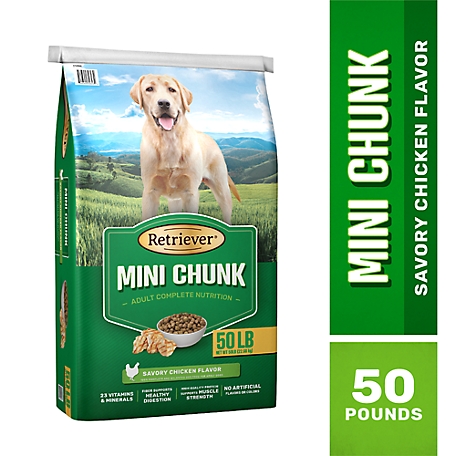
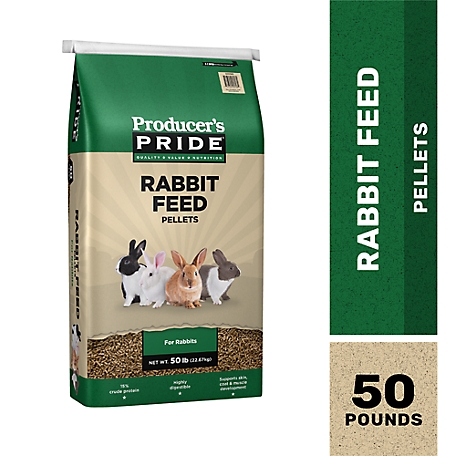
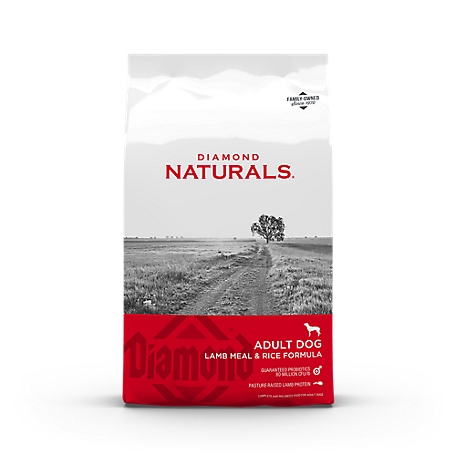
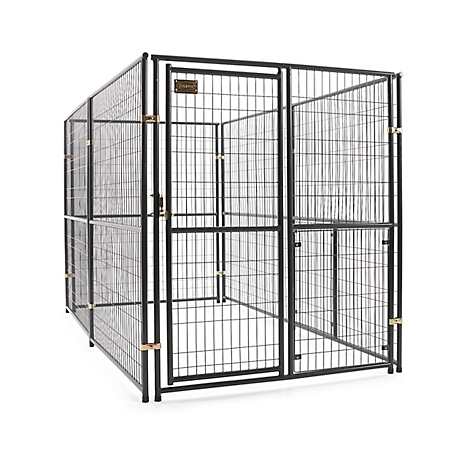
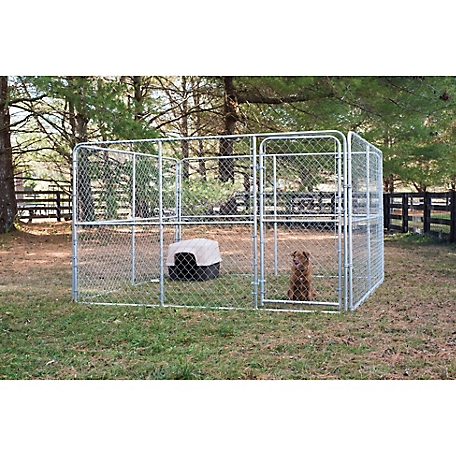
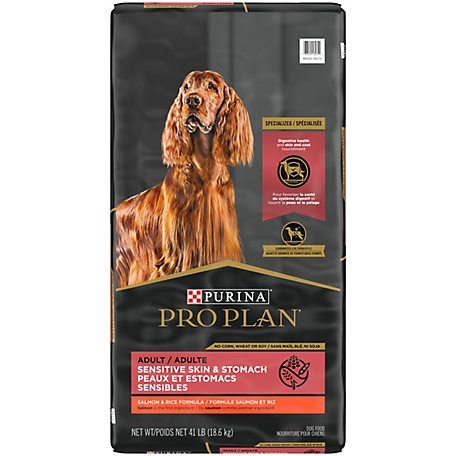
by Wendy
This is great for an inexpensive temporary bedding for chicks. You also don’t realize how much is actually in it until you open it. There’s quite a bit so it’s a great value. The odor and dust can be overwhelming so definitely keep small children away when handling. The only downside was needing to change the bedding pretty often, 2-3 times per week. But my chicks were inside my house until 8 weeks.
by Exton
Quality bedding but smaller bag and bigger flakes than expected
by Jody
I brought this for our new baby chicks. It is easy to use and it the chicks like it.
by Shome
Great value convenient online shopping